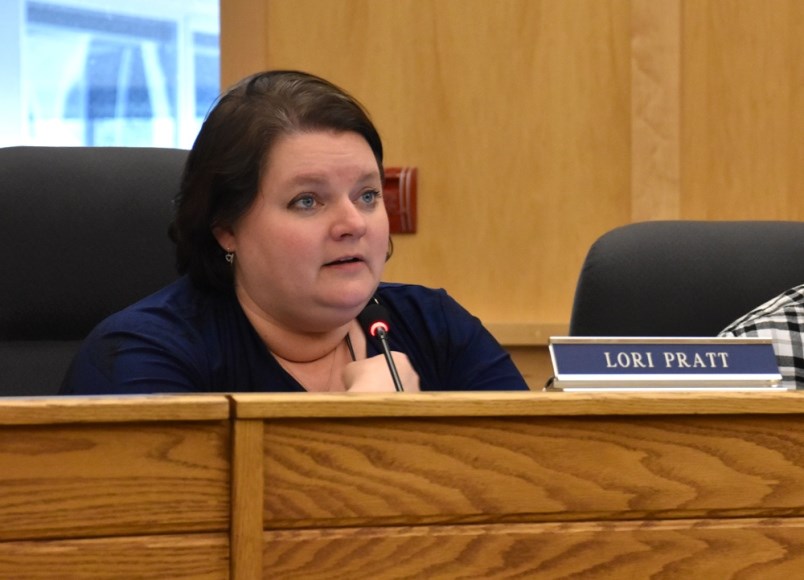The union representing B.C.’s local governments has made consultation a key demand of the province at its upcoming convention after four local governments – including the Sunshine Coast Regional District (SCRD) – raised concerns over being sidelined in talks between First Nations and the province.
“Locally, our goal is to increase our collaboration and proactively work with our First Nations partners and it feels as though the province is purposefully excluding local governments,” SCRD chair Lori Pratt told Coast Reporter.
Among the resolutions submitted to the Union of B.C. Municipalities (UBCM) ahead of its late September convention is one by the SCRD urging the province to “include local governments in land use planning discussions with First Nations.”
A land use planning process is underway between shíshálh First Nation and the province, stemming from the historic Foundation Agreement that came into effect last October. In that document, local government is listed as a “stakeholder” – something the regional district objected to formally last February, when they wrote to the province asking that they be included as “partners” in discussions instead. They haven’t received a response.
Pratt said excluding the SCRD from the land use planning process “does not support our local reconciliation efforts,” and in some cases, such as the controversial dock management plan in Pender Harbour that involved collaboration between shíshálh Nation and the province, but not the SCRD, “actively increases community angst and usurps local government authority.”
Three other local governments in similar situations – the Northern Rockies, Vernon, and Fort St. John – submitted resolutions comparable to the SCRD’s, which in turn prompted the union to craft a special resolution addressing the matter.
“The UBCM executive is bringing this Special Resolution forward in response to member concerns about some of the new provincial processes and programs that have come forward that do not reflect the key principles outlined in the Community Charter,” stated the resolutions committee.
“Also of note is the province’s new modernized land use planning process that envisions a province-First Nation led and developed framework with local governments categorized as another stakeholder to be consulted along with industry and other interest groups.”
UBCM vice president Brian Frenkel took the lead on the resolution and told Coast Reporter that rather than seeking to overhaul how the B.C. government treats local governments on matters involving First Nations and the province, “we just want to make sure there is some consistency out there.”
“We’re not trying to overhaul at all, but there’s lots of good examples that the province is working on with local governments in a very collaborative and constructive way,” he said, adding that consistency is particularly important in matters of land use. “We just want to make sure we’re consistent in moving forward with engagement with local governments.”
One example he cited was the UBCM’s seat at FLNRORD’s forestry advisory committee, where forest policy is presented and potential changes addressed. “That’s a good constructive way of engaging communities because you’re brought in at the beginning of a process,” Frenkel said.
Pratt made similar comments about why she thinks local governments need to be active participants in land use talks between the province and First Nations.
“Asking the province to include local governments in discussion will support communication and collaboration and offer additional local perspectives. We all need to work together for the shíshálh swiya and Squamish Territory,” said Pratt.
If the resolution is endorsed at the convention it will be sent to the province and made a key advocacy priority for the local government union, said Fenkel.



